20 Things the Internet Has Arguably Ruined for Everyone
The internet has reshaped daily life at a pace few could have predicted. It brought convenience and connection, but also rewired how we think, communicate, and relate to one another. Many things that once felt steady have shifted in ways people didn’t expect.
What was sold as progress often came with trade-offs that we didn’t fully notice until the changes had already taken hold. Here’s a closer look at what’s degraded in the process and why some of it might be hard to get back.
Accuracy in News Reporting Declined

Credit: Getty Images
Online news is now measured by clicks and speed. Reporters now compete to publish first, often relying on trending topics or pre-written releases instead of conducting in-depth research. The results are based less on fact-checking and more on sensationalism. And readers are unsure which sources are still worth trusting.
Civil Political Debate Collapsed

Credit: Canva
Online arguments rarely stay polite. Comment sections, forums, and social media threads make it easy for debates to spiral into insults. Algorithms reward strong reactions, not thoughtful replies, so calmer voices get buried under sarcasm, mockery, or flat-out hostility.
Dating Became a Numbers Game
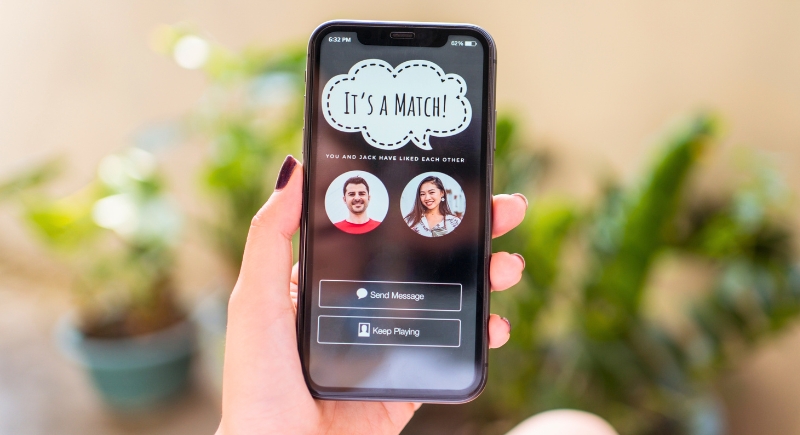
Credit: pocstock
Dating apps shifted courtship toward quick sorting. With so many profiles appearing in seconds, people often rely on first impressions instead of taking time to understand someone. The pace makes conversations brief and connections shallow, and it becomes harder to build something that feels steady or meaningful.
Bar Arguments Became Pointless

Credit: Canva
People once debated sports stats, movie trivia, or historical facts for fun, often without resolution. Now, someone just pulls out their phone. The moment a question is asked, it’s answered. This instant fact-checking erases the ambiguity and social dynamic that once made arguments enjoyable.
Basic Trust in Encyclopedic Knowledge Eroded
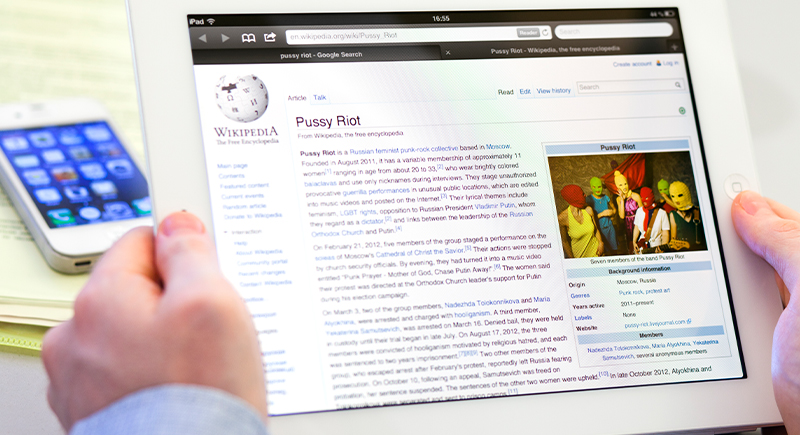
Credit: iStockphoto
Wikipedia’s open-edit system made it clear that information can be shaped by anyone, not just specialists. Even when studies showed its accuracy rivaled Britannica, the old sense of certainty around encyclopedias faded. People still use them, but the confidence they once carried hasn’t fully returned.
Authentic Self-Expression Was Streamlined

Credit: Getty Images
Social platforms now reward consistency and branding over honesty or originality. The more curated your persona, the better it performs. Users adjust to the algorithms, often choosing relatability and aesthetics over complexity or vulnerability.
Attention Became Fragmented

Credit: Canva
Multitasking online now feels like the default, but it’s chipped away at how we concentrate. Between notifications, autoplay videos, and endless scrolling, the ability to sit with a single idea has eroded. Studies show sustained attention has become harder to maintain than ever before.
Serendipitous Discovery Vanished
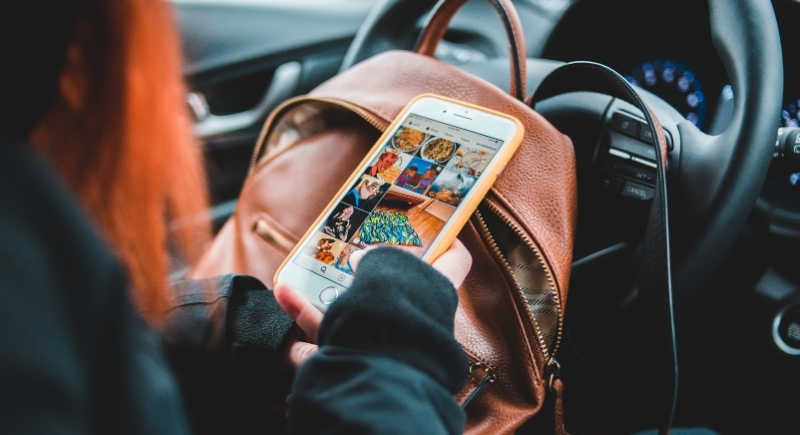
Credit: pexels
Algorithms shape what we watch, listen to, and read. Personalization filters out unfamiliar options and reduces the chance of stumbling across something unexpected. Once-normal experiences, like discovering a band through a friend or a book by browsing, have nearly disappeared.
Productive Boredom No Longer Exists

Credit: pexels
Boredom once led to creativity, observation, or introspection. Now, screens fill every quiet moment. The habit of avoiding boredom at all costs has left less room for daydreams, ideas, or self-reflection.
The Value of Expertise Was Undermined
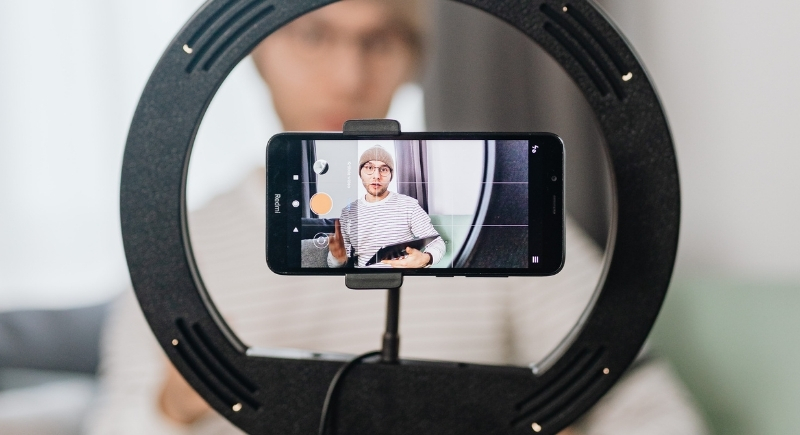
Credit: pexels
Online, what someone says often matters less than how many people click it. Expert opinions can be overlooked in favor of flashy takes from influencers or strangers. It’s harder now to tell the difference between credibility and charisma.
Social Etiquette Lost Its Strength

Credit: Canva
What once felt like basic decency—waiting your turn, respecting privacy, not humiliating others—doesn’t hold up online. The lack of face-to-face accountability, combined with the lure of attention, encourages behavior most people would avoid in person.
Spelling and Grammar Standards Declined

Credit: Getty Images
Autocorrect, abbreviations, and meme culture have shifted written language. Phonetic spelling, missing punctuation, and text shorthand are standard across most platforms. Outside formal publishing, grammatical accuracy no longer feels expected, let alone enforced.
Cultural Literacy Became Algorithm-Dependent

Credit: Getty Images
People once discovered books, films, and music through recommendations, shared experiences, or physical media. Now, platforms feed content based on past clicks. Users miss widely shared cultural touchpoints. This led to fragmented knowledge shaped by invisible algorithms rather than shared curiosity.
Political Narratives Became Manipulable
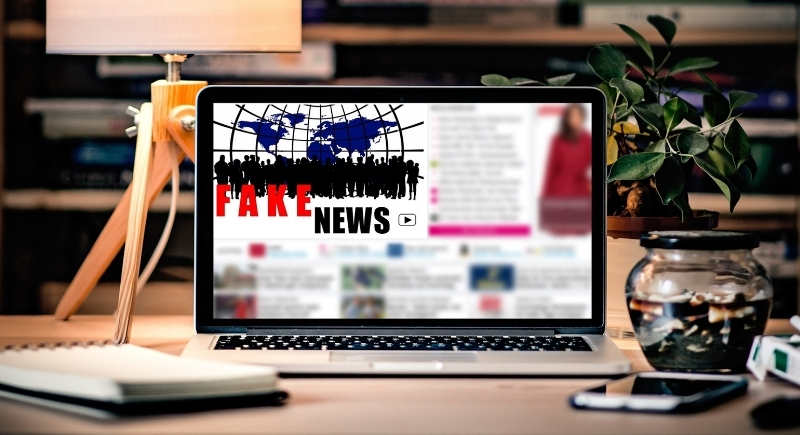
Credit: pixabay
Social platforms allow anyone to promote a version of the truth. Fake news, algorithmic targeting, and digital propaganda shape opinions without transparency. The internet empowered movements—and also enabled the coordinated dissemination of misinformation on a global scale.
Meaningful Discovery in Music Faded
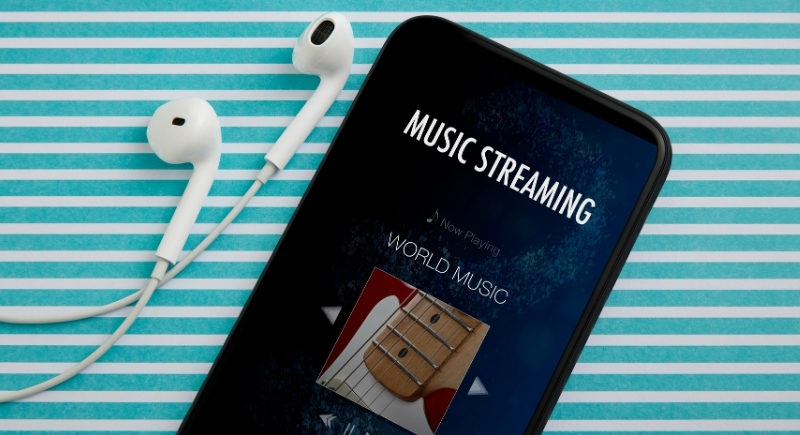
Credit: Getty Images
Listening to full albums used to be an experience. Now, songs arrive via playlists and algorithm feeds, often stripped from their original context. With fewer people buying records or tracking releases, the idea of music as a cohesive body of work has faded.
Email Turned Into Digital Clutter
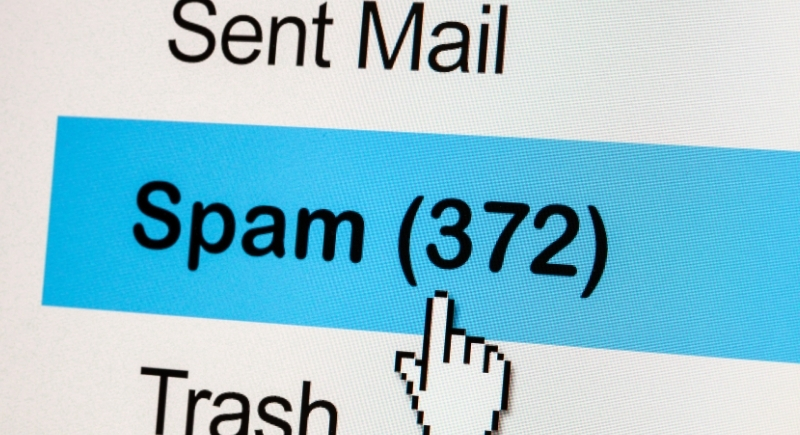
Credit: Getty Images
What started as a streamlined way to stay connected now feels endless. Between newsletters, shipping updates, password resets, and spam, inboxes often overwhelm more than they inform. Important emails get buried under clutter, and “inbox zero” feels more like a myth than a goal.
Satire Became a Shield for Harm
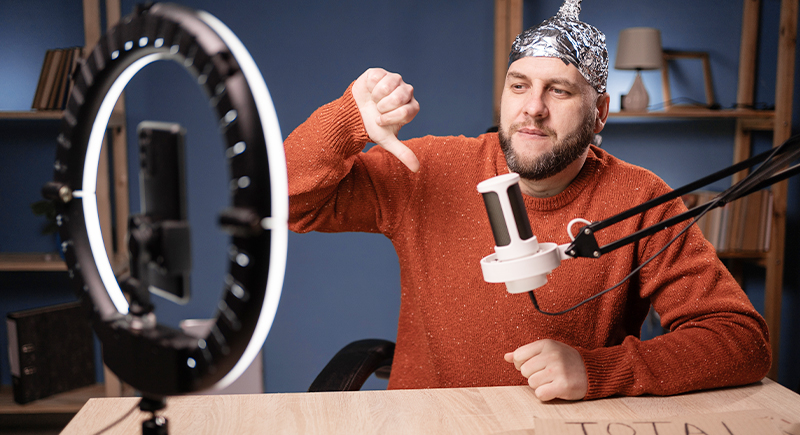
Credit: iStockphoto
Online, satire is often misused to excuse behavior that’s offensive or irresponsible. Labeling content as “just a joke” provides cover for trolling, harassment, and misinformation, thereby diluting the original intent of satire as a form of critique.
Offline Socializing Was Displaced

Credit: Canva
Watching TV shows, attending events, or listening to new music used to feel like shared moments. Now, people consume media on their own timelines, skipping spoilers and syncing later, if at all. The collective part of pop culture has faded into fractured personal feeds.
Misinformation Became Ubiquitous

Credit: Canva
Thoughts once shared privately now feel expected to be public. People explain, defend, and reframe even casual takes for likes or engagement. The line between conversation and broadcasting has blurred, which makes self-censorship more common and genuine dialogue less frequent.
Shame Became Content

Credit: Canva
Posting about a vacation, meal, or milestone has become routine. But instead of simply documenting life, many people curate moments for public reaction. Over time, this pressure can reshape how events are experienced. Now it’s all about content in the making rather than moments lived firsthand.